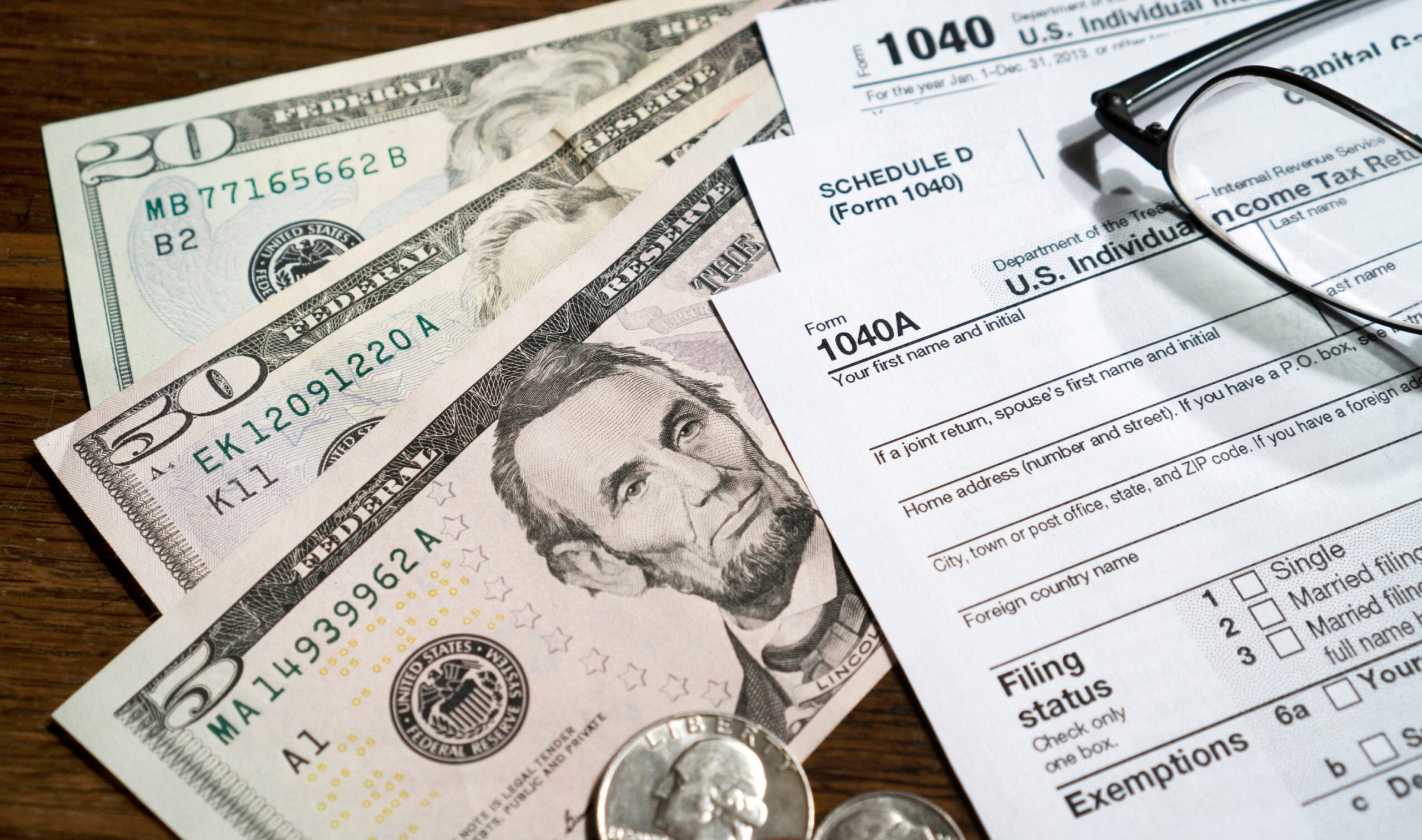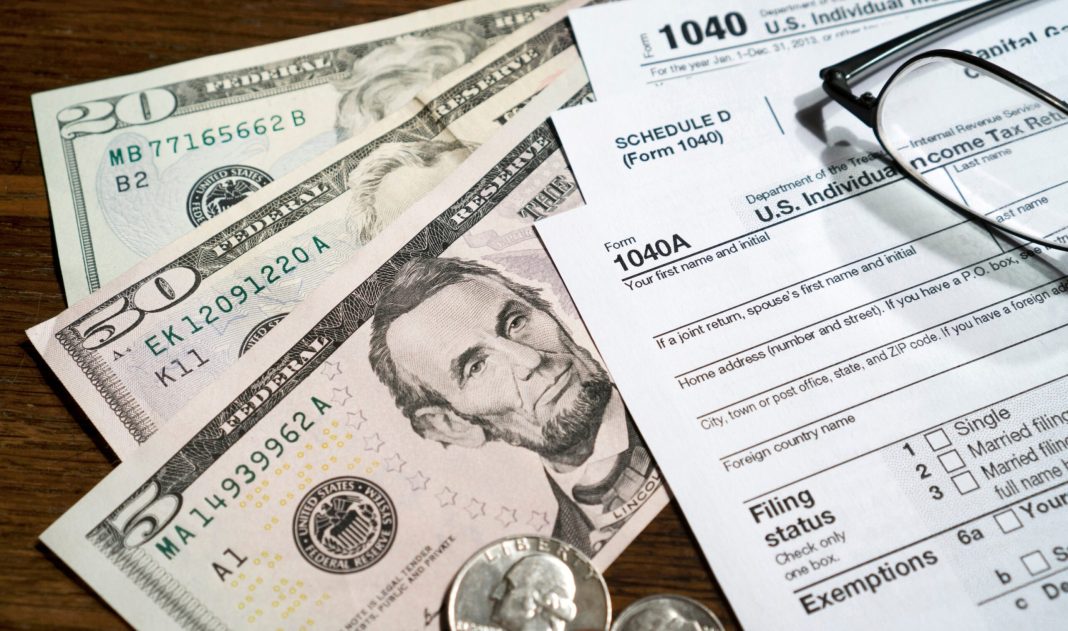 Introduction:
Introduction:
Certified Public Accountants (CPAs) are often sought after for their expertise in navigating the complexities of the tax system. They have a wealth of knowledge and experience that can make a significant difference when it comes to managing taxes. In this article, we will explore seven common questions that individuals frequently ask CPAs and delve into the answers that go along with them.
Are My Home Improvements Tax Deductible?
When it comes to home improvements, the general rule is that they are considered personal expenses and are not deductible. However, the tax code is not always straightforward. Certain home improvements can give you a tax break. For example, installing solar panels or replacing doors and windows with energy-efficient ones can earn you tax credits. These credits directly reduce your tax liability, providing a financial benefit for making environmentally friendly upgrades to your home.
Which Is Better, a Tax Credit or a Tax Deduction?
In most cases, a tax credit is preferable to a tax deduction. A tax credit lowers your tax liability dollar for dollar, meaning that if you have a tax bill of $10,000 and a tax credit of $1,000, your tax bill will be reduced to $9,000. On the other hand, a tax deduction reduces your taxable income. For instance, a $1,000 deduction would lower your gross income but wouldn’t directly decrease your tax bill. Depending on your tax bracket, it would only save you zero to $370. Therefore, tax credits offer a more significant benefit by directly reducing the amount you owe.
Which Is Better, Itemizing or Claiming the Standard Deduction?
Before the Tax Cuts and Jobs Act (TCJA) in 2017, deciding between itemizing deductions and claiming the standard deduction was more challenging. However, the TCJA nearly doubled the standard deduction, making it more attractive for many taxpayers. For 2024, the standard deduction is $14,600 for individual filers and $29,200 for married couples filing jointly. Although this amount will be adjusted for inflation, it still represents a significant increase. As a result, many taxpayers will need to compare itemizing deductions versus taking the standard deduction to determine which option is better for their unique circumstances.
Do I Have to Pay Taxes If I Receive Over $600 From Venmo?
Payments made through platforms like Venmo or PayPal for goods or services are taxable. Since 2024, these third-party platforms are required to report any amount of $600 or more to the IRS using Form 1099-K. You will also receive a copy of this form to file with your tax return. Any dollar amount over $600 that you receive must be declared as business income. The IRS expects to see this income reported since it has been officially recorded. However, money received from friends and family or repayment of loans is not subject to taxation. It’s essential to classify these transactions correctly within the app to avoid unnecessary tax liability.
Are Cryptocurrency Transactions Taxed?
Cryptocurrency transactions have the potential to be taxed. The IRS treats cryptocurrency as property, so you’ll be subject to taxes if you sell or use cryptocurrency in a transaction when its value has increased from what you initially bought it for. This falls under the capital gains tax. Conversely, if the market value of your cryptocurrency has decreased, you may be able to claim a loss. Additionally, if you receive cryptocurrency for business purposes, it is considered business income and is taxable. This includes cryptocurrency earned through mining or as payment for work done on a blockchain.
What Is the Tax Impact of This Transaction?
Determining the tax impact of a transaction is a crucial question that should be asked before proceeding. The tax effect will depend on the type of transaction and can be either positive or negative, depending on your tax bracket. Timing is another critical factor that can impact taxes. By discussing your transaction plans with a CPA in advance, you can potentially save money by making informed decisions that minimize your tax liability.
Do I Need to File Taxes If I Don’t Make a Lot of Money?
Even if you don’t earn a significant income, it is still advisable to file taxes. Many individuals, particularly Generation Z and millennials, may question the need to file if their income is below the threshold requiring them to do so. However, not filing could mean missing out on potential refund checks. If taxes are withheld from your paycheck by an employer, you may be eligible for a refund. Failing to file means forfeiting this opportunity. Moreover, avoiding filing altogether can have serious consequences, including wage garnishment or other penalties. It’s essential to remember that tax liabilities don’t simply disappear; they can follow you if left unresolved.
Conclusion:
Asking questions and seeking guidance from a certified public accountant (CPA) can be instrumental in navigating the complex world of taxes. CPAs possess valuable knowledge and expertise that can help individuals make informed decisions and optimize their financial situations. Whether it’s understanding deductions and credits, clarifying tax obligations for specific transactions, or determining filing requirements, consulting with a CPA ensures that you are on the right track and taking advantage of available opportunities while avoiding potential pitfalls. Stay proactive in your approach to taxes, keep your CPA informed about any changes in your financial circumstances, and make the most of their expertise to maximize your tax benefits and minimize your liabilities.


